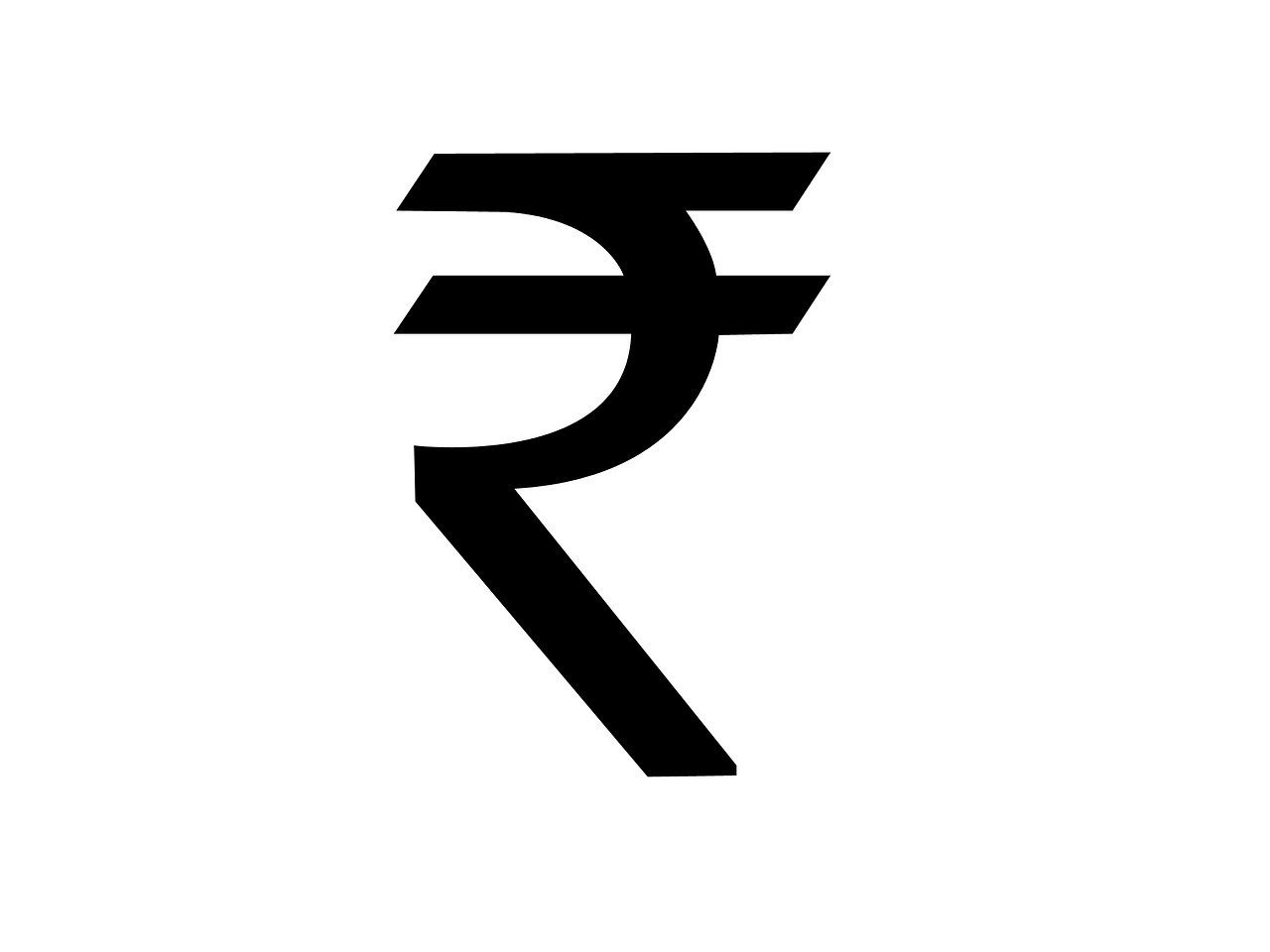In order to save money without drawing the notice of the tax authorities, people who have undeclared cash or who don't want to go to the bank for another reason come up with a number of workarounds. Here are some examples of how people are using their 2,000 bill purchases:
Table of contents [Show]
A gold rush especially in the unorganized sector has been sparked by the RBI's plan to abolish the ₹2,000 currency note. Some jewellers in Mumbai's gold bazaar were asking a premium for gold in exchange for taking the soon-to-be-out-of-print money. The official rate of gold was 63,800 (with GST) the day after the RBI announcement, but it was traded in the unofficial market for roughly 67,000 (per 10 grams) when paid for with ₹2,000 notes. When purchased on the Ahmedabad black market with ₹2,000 notes, gold was priced at ₹70,000 (for 10 grams).
Petrol pumps:
Following the news of the high-value banknote's withdrawal, cash transactions at petrol stations have drastically increased, and cash-paying consumers are now utilising ₹2,000 notes in nine out of ten instances. Digital payments, which used to account for 40% of daily sales at pumps, have decreased to 10%.
Cash on delivery:
Additionally, people have begun placing online orders for goods with the cash-on-delivery option. Evidently, if the amount is correct and no change is needed, the delivery staff cannot refuse to accept ₹2,000 notes. Since the central bank announced the withdrawal of the currency note on Friday, almost three-quarters of Zomato users who choose cash-on-delivery have paid with ₹2,000 notes.
Temples:
When all else fails, God comes to the rescue. Some attempted to transfer secret cash in ₹2,000 note denominations through temples and other religious organisations, which are permitted to accept anonymous donations, in order to obtain cash in lower amounts.
Random purchases:
Shopkeepers are reluctant to accept ₹2,000 notes for low-priced items, but consumers are using these notes to pay for costlier items like furniture, luxury goods, and travel.
We Indians are after all the jugaad-masters of the world. So there is absolutely no shortage of ideas about spending the notes. But one must also consider the consequences. On one hand there may be potential for short-term business, but on the other hand, there are already enough limitations due to multiple laws.








